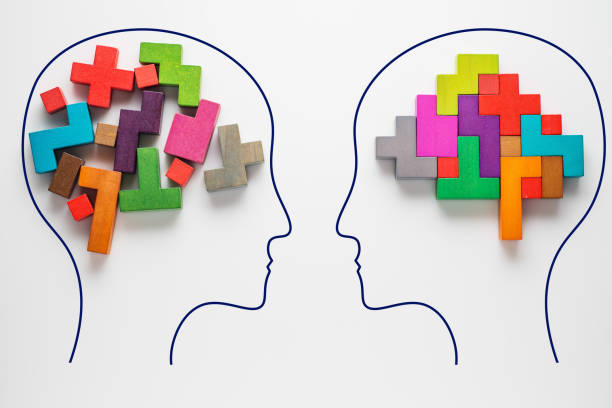How an IQ Test Measures Intelligence and Cognitive Abilities
An IQ test is a standardized tool designed to assess a range of mental functions that reflect aspects of intelligence. These assessments measure pattern recognition, problem solving, memory and processing speed to produce a score that helps compare reasoning skills across populations. While one score does not define a person’s potential, an iq test can highlight cognitive strengths and weaknesses and guide educational or occupational decisions when interpreted carefully.

What does an IQ test measure?
An iq test typically measures a mix of verbal and nonverbal tasks to evaluate different dimensions of intelligence. Common subtests assess vocabulary, arithmetic, pattern recognition, spatial reasoning and working memory. Scores are normed against age groups so the number reflects relative performance rather than an absolute measure of worth. Test developers aim to capture consistent aspects of cognitive abilities, but cultural background, educational access and test-taking experience also influence results.
How intelligence and cognitive abilities differ
Intelligence is a broad concept describing the capacity to learn, adapt, and solve problems; cognitive abilities are the specific mental processes—like attention, memory, and processing speed—that make up that capacity. An iq test aggregates several cognitive abilities into a composite score that approximates general intelligence. Understanding the distinction helps when interpreting results: two people with similar iq test scores might show different cognitive profiles, with one strong in verbal reasoning and another in spatial tasks.
Can reasoning skills be improved?
Reasoning skills, a central component of many IQ tests, can be developed through targeted practice and education. Activities that challenge logical thinking—puzzles, formal reasoning exercises, structured study in mathematics or philosophy—can sharpen pattern recognition and analytical strategies. While some baseline cognitive traits are influenced by genetics and early environment, training, enriched learning environments and continued mental engagement can yield measurable gains in specific tasks, even if changes to overall iq test scores are modest.
What does an IQ score say about the brain?
An iq test score provides an indirect snapshot of how well certain brain networks perform under test conditions, particularly those involved in working memory, processing speed and executive function. Neuroimaging research links higher performance on some cognitive tasks to more efficient communication between brain regions, but an iq test does not measure brain anatomy or health directly. Scores should be seen as functional indicators of cognitive abilities rather than literal measures of brain size or structure.
Choosing an IQ test or local services in your area
If you want formal assessment, look for qualified professionals such as licensed psychologists or educational specialists who offer standardized iq test administration and interpretation. Schools, clinics and private practices provide testing options that may include a full diagnostic battery or an abbreviated screening. When selecting services, consider the test type (e.g., WAIS, WISC for children, or standardized online screenings), the assessor’s credentials, and whether a written report with recommendations is included. Local services often provide follow-up guidance for learning plans or workplace accommodations.
This article is for informational purposes only and should not be considered medical advice. Please consult a qualified healthcare professional for personalized guidance and treatment.
An iq test can be a useful tool to summarize cognitive abilities and pinpoint areas for development, but it is only one piece of a larger picture. Scores are most valuable when paired with contextual information—educational history, work performance, and behavioral observations—and when interpreted by professionals. Understanding what an iq test measures, its limitations, and how reasoning skills relate to broader intelligence helps people use results responsibly for learning, planning or seeking further evaluation.






